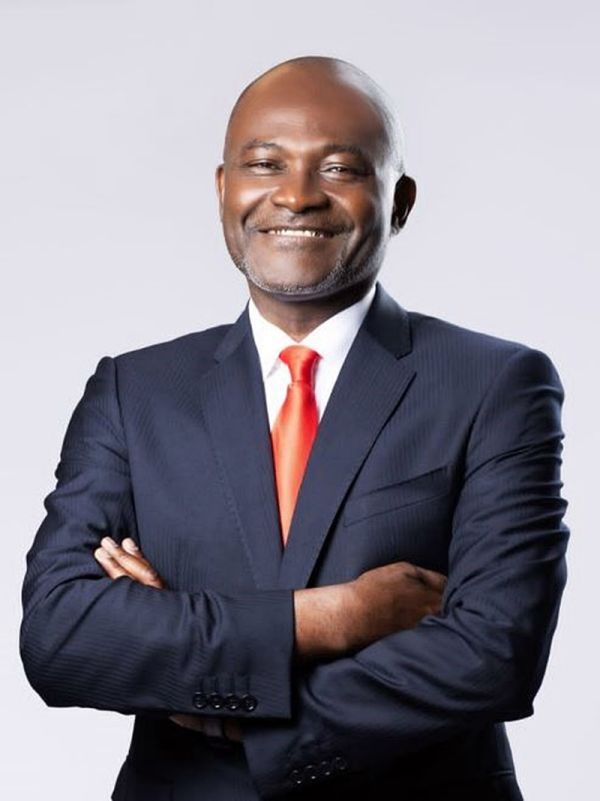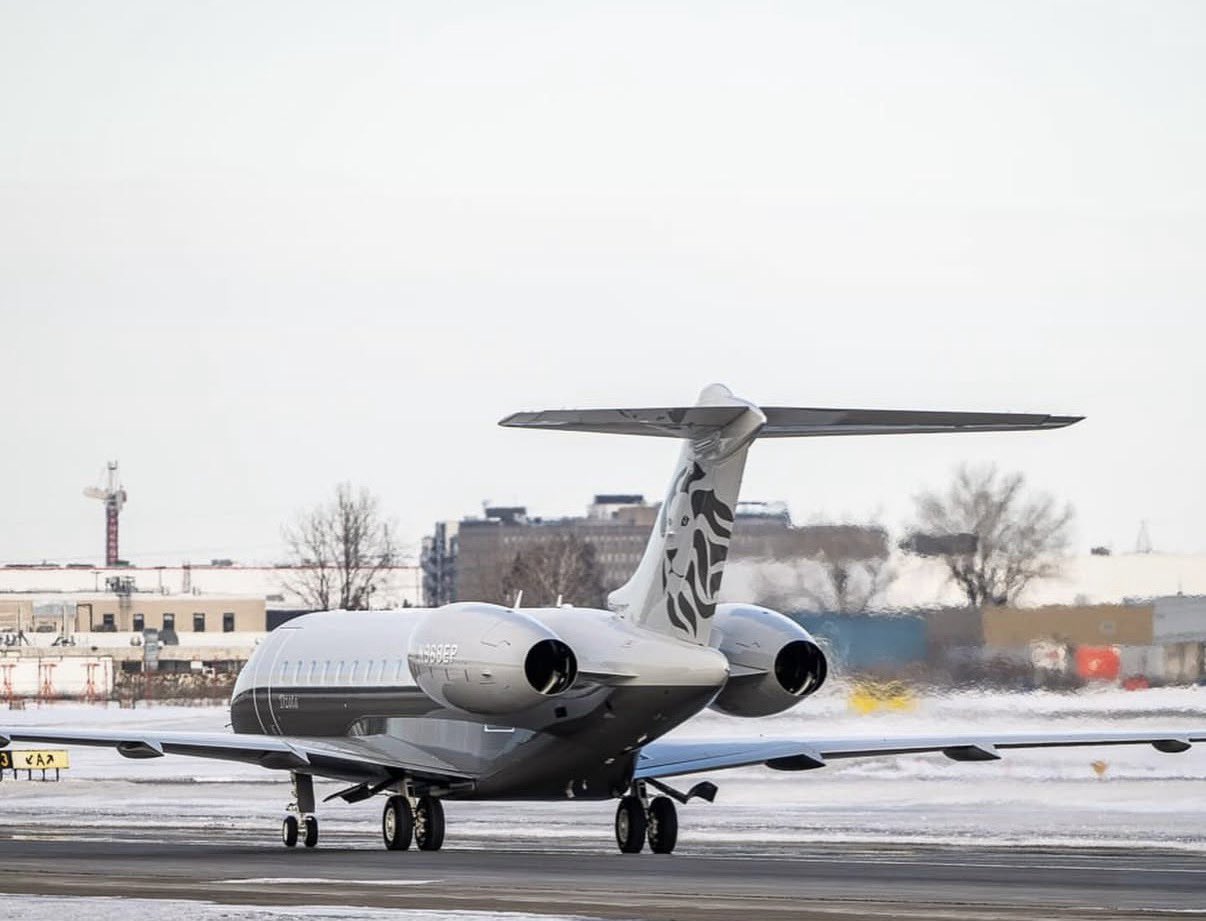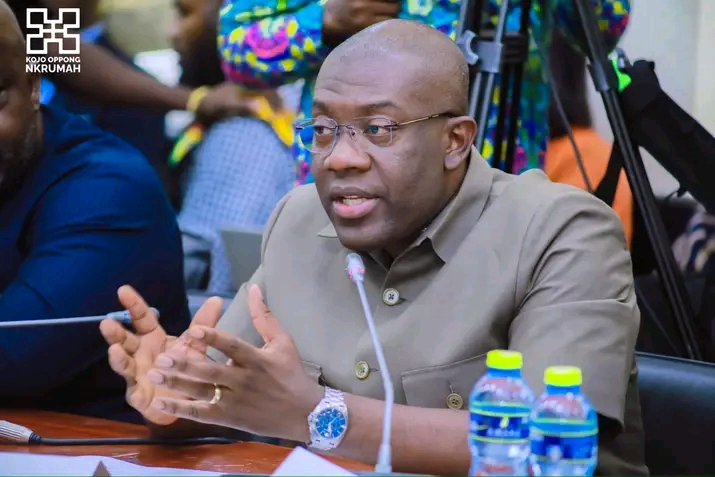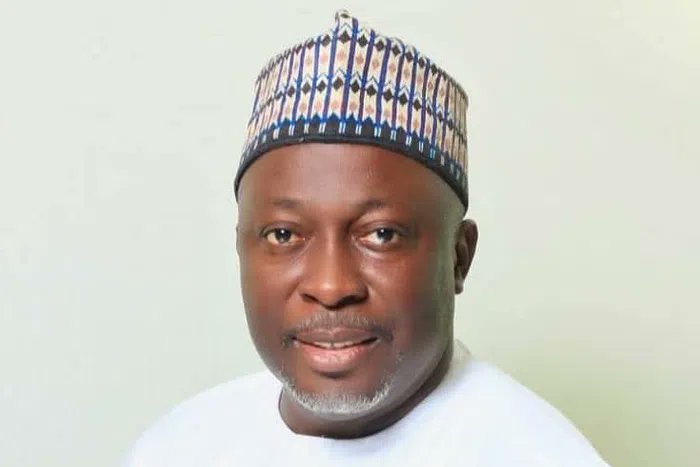Credit: Kekeli K. Blamey
A new survey by Africa Policy Lens has revealed intriguing cross-party dynamics ahead of Ghana’s 2028 presidential election, with opposition figure Kennedy Agyapong drawing unexpected support from the ruling National Democratic Congress (NDC) base—an indication that inter-party appeal could be a decisive factor in the New Patriotic Party’s (NPP) future strategy.
While Dr Mahamudu Bawumia maintains a commanding lead among NPP supporters, securing 70.6% in the survey, it is Kennedy Agyapong’s strong showing among NDC voters that is drawing attention. The report shows that 48.4% of NDC respondents would prefer Agyapong as the NPP’s flagbearer, compared to 35.3% who favour Dr Bawumia.
This unconventional support base for Agyapong suggests that his populist appeal may resonate beyond partisan lines.
Analysts suggest that Agyapong’s outspoken style and perceived independence may be appealing to NDC voters disillusioned with traditional political figures. This trend could present both an opportunity and a challenge for the NPP as it prepares for a competitive general election.
Meanwhile, Dr Bawumia continues to solidify his position as the presumed frontrunner within the NPP, with widespread support across 12 of Ghana’s 16 regions. His popularity remains strongest in party strongholds such as Ashanti, Eastern, and Greater Accra, but his regional appeal is also noteworthy in the north, where his roots and political messaging are seen as critical to bridging regional divides.
“Bawumia’s northern heritage is not just symbolic,” the report notes. “It positions him as a candidate who could neutralise the NDC’s historical advantage in the north while presenting the NPP as a nationally inclusive party.”
Yet, despite his dominance within the NPP and strong regional base, Bawumia struggles to match Agyapong’s resonance with NDC voters. Regions such as Volta and parts of Western North—traditional NDC strongholds—remain skeptical of his candidacy. In contrast, Agyapong leads in three regions, including his native Central Region, and performs notably better among voters outside the NPP.
This emerging divide between intra-party loyalty and inter-party appeal raises strategic questions for the NPP: Should the party prioritize a candidate with a loyal base, or one who could potentially pull swing voters from the opposing camp?
As Ghana inches closer to the 2028 elections, these insights hint at a more complex electoral battleground where internal support may not be enough. The NPP may need to consider not only who can win the primary, but who can expand the party’s reach in a tightly contested national race.
The report concludes that both Bawumia and Agyapong have distinct strengths—but harnessing those strengths effectively will depend on how well the party reads the political mood beyond its own base.







